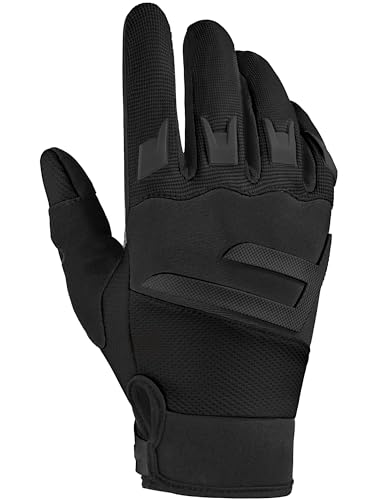In most, if not all states, a LEO can only cite for a minor offense (in Calif, that's infractions and misdemeanors) IF he witnesses it occur. That's NOT a requirement for a felony. There's a bit of a gray area about witnessing the act vis witnessing evidence of the act (e.g., as occurs with drunk drivers parked on the roadway), so it'd be nice to hear a LEO's take on it, but I'd bet that's why you got the response you did -- they were seeing it as a right of way offense that required a LEO to witness to cite it.
Interesting.
If that is true
then there is no reason for riders to be worried about cell phone calls to the police after passing a motorist illegally? I know this possibility is what keeps many from passing on the double yellow even though it may be safe to do it. I'm sure that I have heard stories of cops tracking down a biker after only getting a complaint by phone. Maybe it varies by jurisdiction?
Proably not for that called in violation, but watch out for cops laying in wait for you up ahead. I had exactly that happen to me in about 1980. Late for work in Donner (I was a painter and drywall taper back in those days), speeding north from Tahoe City on Hwy 89, when a CalTrans worker called me in for excessive speed when I passed the CalTrans yard a ways back. Some miles further on, I was starting an illegal pass of maybe 4 cars at around 90 - 100 when I spotted a LEO up ahead, hit the brakes and dove back into the line. Shortly after, another LEO was coming from the other direction, did a U to get behind me and then I sat chatting with the 2 cops on the side of the road as we waited for the CalTrans worker to get there. Embarrassingly, it took a while.
When he got there, he was ranting, and I stayed quiet and was polite to everyone. After he got done, the cops told him that when they saw me, I was obeying all traffic laws, and besides, speeding motorcyclists "usually only take themselves out". Then they let me go on to work, a little later than I would have been if I hadn't been speeding in the first place. :blink:
The laws ARE different from state to state, but that's the general status -- universal enough that I'd swear I either learned that in law school or in studying for the bar exam. Haven't really had a reason to further research it in the 27 years since, though.
I too have heard of cops tracking down the offending driver (motorcycle or car), but then gave a warning, not a ticket.
On a couple occasions when I've called the cops on non-traffic offenses (or been a witness to the act that someone else called in), they've straight up told me that they can't really do anything (which I've understood), but would be happy to make contact and have a chat with the offender. They know that can have a prophylactic effect, plus it's good public relations with concerned citizens if they have the time to do it.
Here is how you can issue a citation in Oregon. Check the laws in your state.
citizen issues citation.
Yep, probably applies to traffic citations in California, too. Twenty years ago, I had a client interested in putting an end to the nuisance caused by rental neighbors in Tahoe -- involved multiple regular loud music and partying complaints, a misdemeanor at best. Trying to talk to the problem neighbors didn't work, so she started calling the Sheriff's Dept. But each time deputies showed up, they had a chat with the neighbors and then told my client that they couldn't write a citation because the noise wasn't excessive by the time they got there. The deputies did offer her the option of swearing out a citizens arrest complaint, however. (She was frustrated enough to contact me about the costs and issues involved with filing a civil suit for nuisance, including the possibility of a small claims court action.)
The problem with a citizen's arrest citation is the strength of your evidence, as noted above. (BTW, also one of the problems in a civil nuisance case for noise.) It's typically your word against theirs -- measuring speed, or volume of the noise. A LEO is far more credible when testifying about something he's been trained to judge (like speed), and when he's got corroborating instrument readings like a radar readout, his evidence is often better than you can come up with.
Another problem with it is the possibility of getting sued civilly for "malicious prosecution" if, after successfully defending the action on the merits, the object of your complaint can show that at the time you brought the case, you didn't have probable cause to support the underlying facts necessary to the criminal charge (or civil cause of action), that you acted with malice, and that damages resulted from your actions (e.g., attorneys fees to defend the underlying charge).
The video in the YouTube case? Now, that's some pretty good evidence of an attempt to hit the motorcyclist by means that sure don't look likely to have happened without intent.
Again, I wish we had a couple LEOs weigh in on this -- they enforce this stuff all the time and have a much better hands on perspective.































































